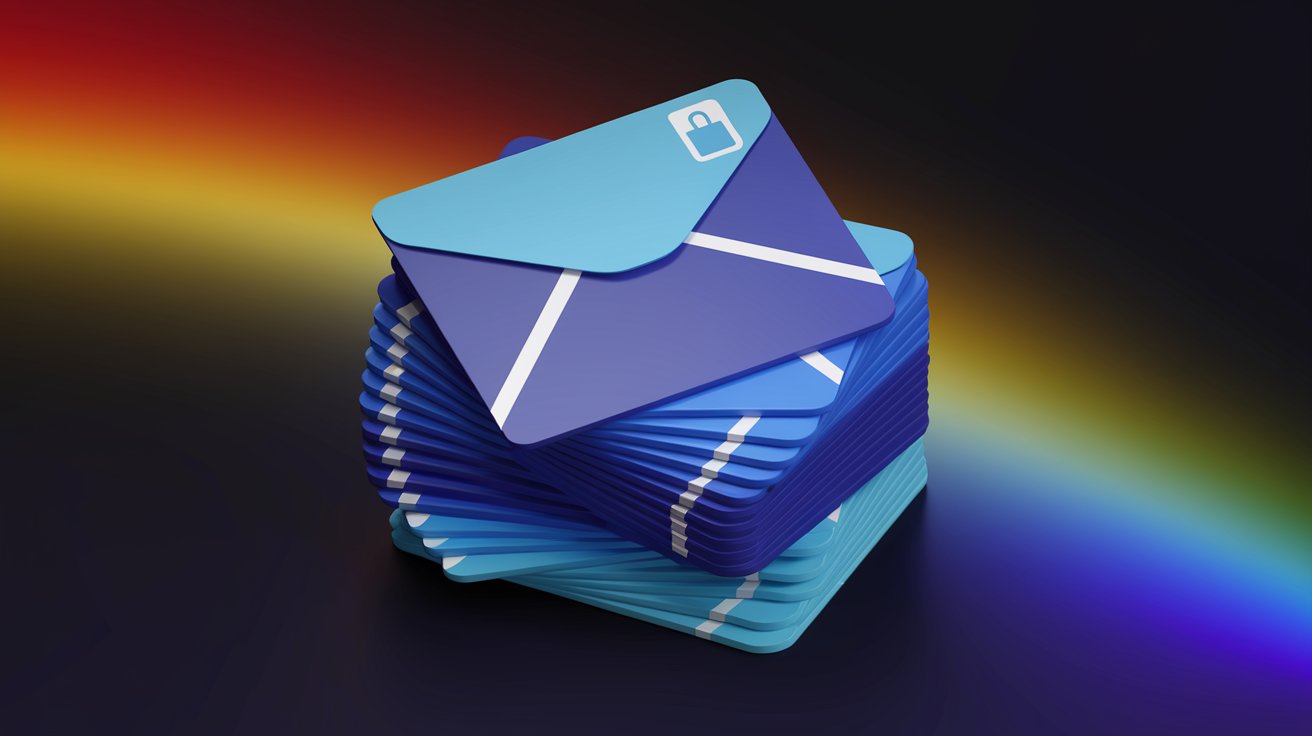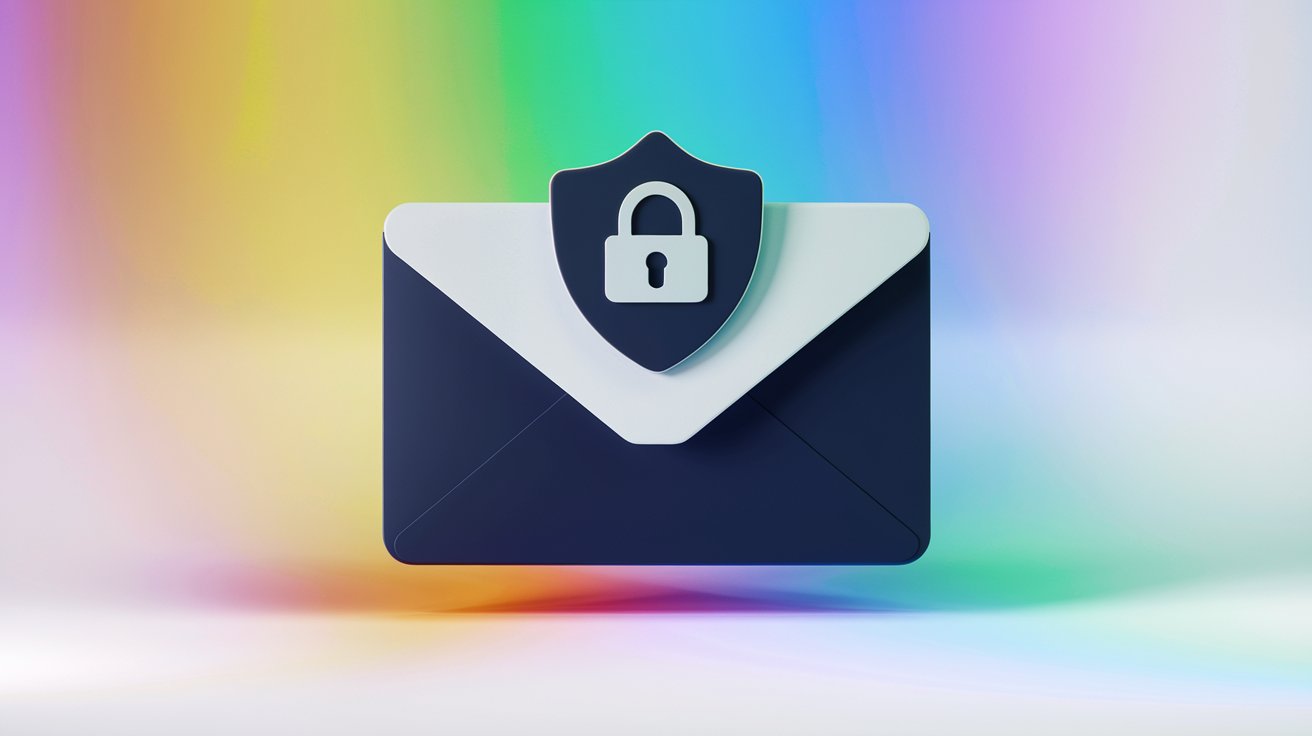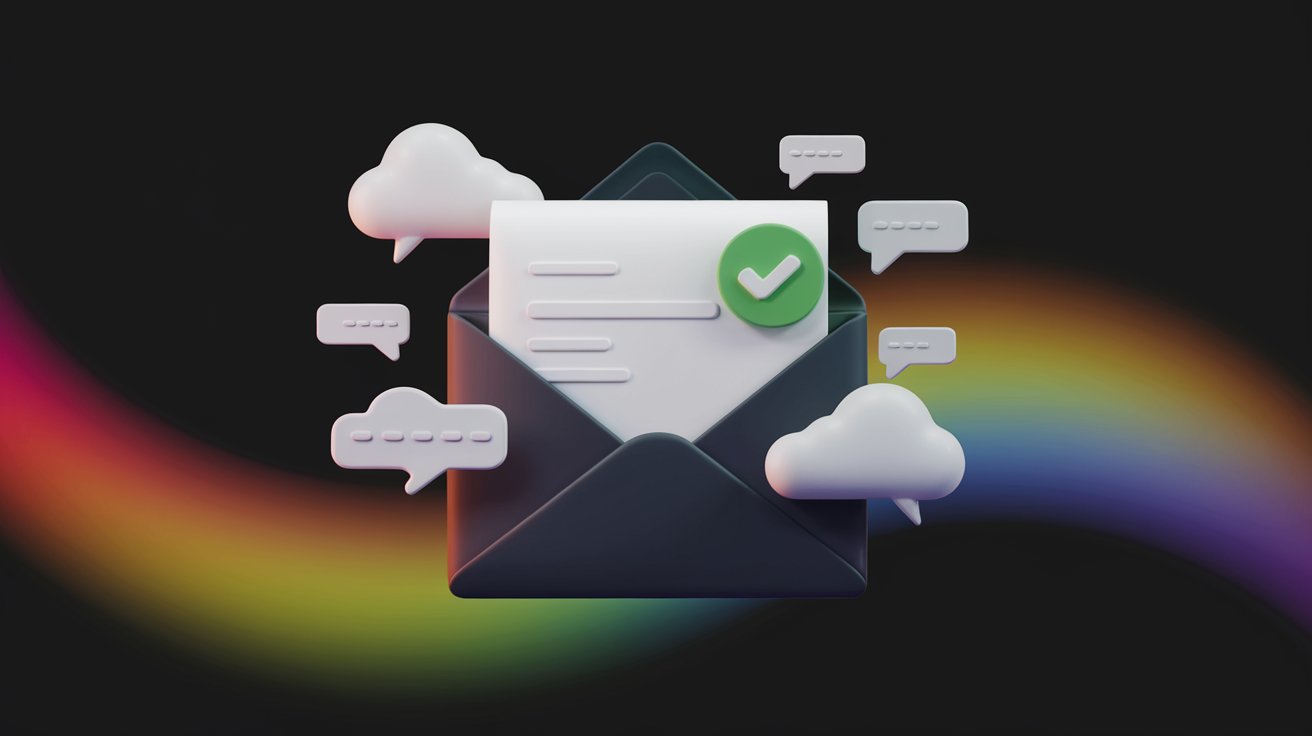For early-stage startups, growth is paramount, but in today's world, growth cannot come at the expense of user trust. Consumers are more aware of their privacy rights than ever before and are questioning how their data is collected, stored, and used. For startups positioning themselves as privacy-first, the challenge is twofold: driving engagement and revenue while proving at every stage that customer data is safe.
The good news? Email marketing remains one of the most effective and controllable channels for building relationships on a large scale. Unlike social platforms or third-party ad networks, email enables startups to manage their communications independently. The key lies in approaching it with strategies that respect privacy, comply with regulations, and deliver measurable results.
The Intersection of Privacy and Email Marketing
Email marketing remains one of the most effective ways of building relationships with customers. Despite the popularity of social media, chat platforms and other digital communication methods, email marketing consistently delivers higher engagement rates, greater conversion potential and a measurable return on investment (ROI).
However, there is a dilemma: the effectiveness of email marketing has historically relied on data tracking, such as open rates, click maps and behavioural segmentation. These practices often conflict with the principles of privacy-first startups, as well as with growing regulations such as the GDPR in Europe and the CCPA in California.
The Cost of Non-Compliance
The consequences of non-compliance are severe. GDPR fines can reach up to €20 million or 4% of global annual turnover, while CCPA fines can be up to $7,500 per intentional violation.
However, non-compliance poses not only a legal risk and direct financial penalties, but also a risk to the brand’s image and reputation, leading to a loss of customer trust and loyalty. Privacy-focused startups must therefore adopt email marketing solutions that respect these boundaries while still enabling meaningful engagement.
Principles of Privacy-Conscious Email Marketing
To build sustainable, trust-first communication, startups should ground their email marketing strategy in four key principles:
1. Consent-Driven Engagement
Consent must be clear, active and informed. Avoid pre-checked boxes and vague 'by continuing you agree' statements. Instead, create opt-in forms that explicitly state what users are signing up for and how often they will hear from you. They should also explain how their data will be handled. A double opt-in process confirms intent and ensures that your list comprises genuinely interested subscribers only. This approach reduces spam complaints and signals that your startup values transparency and user autonomy.
2. Minimal Data Collection
Startups often fall into the trap of collecting more data than they need. A safer and smarter approach is to keep it minimal. For email campaigns, a name and email address are usually sufficient. Any additional information, such as phone numbers, birthdays or detailed demographics, should be optional and clearly explained. Asking for less reduces compliance risks, streamlines list management and reassures users that their information won’t be misused.
3. Transparency in Messaging
Building trust doesn't stop at the sign-up form, it extends to every message you send. Be transparent about your privacy practices in your content. For example, if you ask users for their city, explain that this is so you can provide them with relevant local updates. Messages that reflect your privacy values will reinforce your credibility and show subscribers that you’re practising what you preach.
4. Secure Infrastructure
Even the most careful messaging falls flat if the infrastructure behind it isn’t secure. Privacy-conscious startups should invest in reliable servers, encryption protocols, and strict access controls. Subscribers may never see these measures directly, but they’ll notice the difference if something goes wrong. A data breach can undo years of trust-building in a single day, so security needs to be treated as a brand promise, not just a technical checklist.
Email Marketing Solutions That Prioritize Privacy

The good news for startups is that they don’t have to reinvent the wheel. A growing ecosystem of email marketing solutions has been designed specifically with privacy-conscious businesses in mind. Unlike traditional platforms that rely heavily on surveillance-style tracking, these alternatives make it possible to run effective campaigns while respecting user boundaries:
First-Party Data Utilization
Rather than buying or renting third-party data, build insights from your own channels (website, app, product interactions). First-party data is more accurate and ethical because it comes directly from your own user interactions. This approach to email marketing also reduces reliance on risky external sources and strengthens long-term data integrity.
Anonymous & Aggregated Metrics
Instead of profiling individual subscribers, analyze performance trends collectively. Open rates and click-throughs can be anonymised and aggregated to help you optimise campaigns without compromising privacy. This protects subscribers' identities while giving marketers the insight they need to improve the effectiveness of email marketing.
Privacy-Enhanced Tracking
Tools such as server-side tracking and hashed identifiers enable measurement while avoiding the storage of personal data. These privacy-conscious methods enable startups to refine their strategies while respecting user rights. They are essential for email marketing solutions that need to balance compliance with actionable analytics.
Segmentation Without Sensitivity
Segmentation doesn't have to mean profiling. Rather than sorting subscribers based on criteria that might be too much, startups can segment based on preferences that people have chosen to share, how often they engage, or the types of content they interact with most. For example, you can split readers up by what they're interested in, or how often they check their emails. That way, you can make sure your messages are still relevant, but you're not invading anyone's privacy.
Subscription Management
Finally, give your subscribers a choice and you'll have their loyalty. Give them easy-to-use preference centres so they can decide what type of content they receive and how often. This not only reduces unsubscribes, but also creates a sense of partnership – your audience feels heard and respected, which is exactly what privacy-first marketing is all about.
These approaches prove that respecting privacy doesn’t mean sacrificing performance. With the right email marketing solutions, startups can achieve growth while staying true to their mission of protecting user data and building authentic, trust-driven relationships.
Ethical Considerations in Privacy-Focused Campaigns
For privacy-first startups, ethics and marketing are inextricable. The way you write emails says a lot about how professional you are and your core values. Cutting corners may get you short-term results, but it almost always damages long-term trust.
Some key ethical considerations include:
- Avoiding Dark Patterns: Don't use sneaky tactics like hidden checkboxes or pushy unsubscribe flows. Instead, design opt-ins that are easy for users to understand and that they can agree to.
- Respecting Opt-Outs: If a subscriber chooses to leave, respect their decision straight away. If you keep sending emails after someone has opted out, it's not just a legal risk, it shows a lack of respect for their choice.
- Clear Data Retention Policies: Make sure you tell users how long you're going to store their data and give them the option to request deletion or export. This transparency is in line with GDPR and CCPA, while also building trust.
The truth is simple: ethical marketing isn't just about avoiding fines. It's all about treating your subscribers how you'd want to be treated – with honesty, respect and fairness. Subscribers who feel respected are far more likely to remain engaged and advocate for your brand.
Balancing Personalization and Privacy

One of the biggest misconceptions in privacy-conscious marketing is that personalization has to disappear. That’s not the case. What matters is how personalization is achieved.
Instead of tracking every click and movement, startups can use contextual personalization – offering relevant messages based on voluntary interactions or broad, non-invasive criteria. For example:
- Sending product updates based on a user’s chosen interest categories.
- Providing regional-specific information without relying on exact geolocation.
- Recommending guides or features based on past interactions inside the app (when the user has opted in).
This type of personalization feels natural and helpful without overstepping boundaries. It’s the difference between saying, “We noticed you opened our last 10 emails at 3:07 pm on mobile” and saying, “Since you enjoyed our last beginner’s guide, here’s the next one in the series.” One builds connection; the other feels invasive.
The Role of Email Authentication and Deliverability
You can design the smartest campaign in the world, but if your emails don’t reach the inbox, all that effort is wasted. Deliverability is a key aspect of email marketing, and for privacy-focused startups, it's not just about performance stats, it's also about protecting your brand and your subscribers.
Without proper safeguards, bad actors can impersonate your domain, tricking users with phishing or spoofed emails. Strong authentication protocols prevent this, ensuring your emails are trusted and secure.
Key standards include:
- SPF (Sender Policy Framework): Ensures only authorized servers can send on your domain’s behalf.
- DKIM (DomainKeys Identified Mail): Adds a digital signature to each message, proving it wasn’t altered in transit.
- DMARC (Domain-based Message Authentication, Reporting, and Conformance): Builds on SPF and DKIM to instruct receiving servers how to handle suspicious messages, blocking spoofing attempts.
For startups that promise privacy, these protections are essential. They stop phishing and spoofing attacks, safeguard customer trust, and reinforce the credibility of your domain. With over 4.5 billion global email users, investing early in deliverability and authentication is one of the smartest moves a startup can make.
Case Studies of Privacy-Focused Startups
Looking at real-world examples can provide insight into how privacy-first email marketing strategies can be successful. Start-ups in the technology, fintech and health sectors often have to meet stringent privacy expectations. Those that adopt transparent, consent-driven approaches tend to report higher engagement rates, lower unsubscribe rates and greater brand loyalty. For example, a health tech startup might provide educational email content and explicitly state that subscriber data will not be shared or tracked outside the platform. This approach aligns marketing objectives with ethical standards and regulatory compliance.
Trends in Privacy-Conscious Email Marketing

The future of email marketing will be shaped by smarter technology and stronger privacy standards. Startups that adapt early will gain a competitive edge. Three big shifts stand out:
- AI as a Co-Pilot: Artificial intelligence is moving from novelty to necessity. In email marketing, AI will help automate content generation, optimize send times, predict churn, and deliver hyper-personalization, all while reducing manual workload.
- Ethical AI: With great power comes responsibility. Marketers must ensure AI tools are transparent, free from bias, and respectful of data privacy. Clear governance will be critical to keep customer trust intact.
- Decentralized Identity: The next frontier is self-sovereign identity, where users store and control their own data in secure wallets. Instead of brands owning email lists, they’ll earn temporary, permission-based access. This model reduces business liability and gives consumers full control.
These trends highlight a shift from data ownership to data stewardship. The winners of the next decade will be startups that use technology not just to sell smarter, but to build stronger, trust-based relationships.
Challenges and Considerations
Even with strong tools, privacy-focused startups face real challenges in email marketing. Limited tracking makes performance harder to measure, and small teams may struggle with the technical setup of secure infrastructure. Striking the balance between meaningful personalization and data protection can also feel like walking a tightrope.
The key is iteration. Campaigns should be tested, measured with aggregated or consent-based analytics, and refined continuously. Transparent communication is also vital: sending occasional updates about how customer data is used reinforces trust and shows accountability. In this environment, every step toward privacy-first marketing becomes part of your brand promise.
How Atomic Mail Empowers Privacy-Focused Startups
For startups that want to put privacy at the heart of their brand, the choice of email service is crucial. Atomic Mail provides a secure foundation that helps both individuals and businesses communicate with confidence, ensuring that messages remain private, data is never exploited, and trust is protected.
Key Features of Atomic Mail:
- End-to-End Encryption: Every email could be encrypted so that only the sender and recipient can read it. This ensures sensitive business or customer conversations stay confidential.
- Zero-Access Architecture: We never store or scan your email content. For startups, that means peace of mind knowing company and client data cannot be exposed or misused.
- Anonymous Sign-Up: Create accounts without handing over personal information. This makes it easy for teams or projects to get started quickly while keeping user identity private.
- Self-Destructing Messages: Send emails that automatically delete after a chosen time – ideal for sharing temporary credentials, sensitive files, or short-term project details.
- Multiple Aliases: Use email aliases to separate work, marketing, and personal communication without exposing your main address.
- GDPR-Compliant Data Practices: We don’t exploit data or sell it. Users can control, export, or delete their information anytime.
- No Ads, No Tracking: Unlike mainstream providers, Atomic Mail doesn’t monetize your data. This keeps your inbox free from surveillance and distractions.
For businesses striving to practice ethical email marketing, these features provide the secure backdrop needed to earn and maintain customer trust. Atomic Mail is a perfect email for business that helps startups demonstrate a real commitment to privacy, not just in their campaigns, but in the very infrastructure they rely on every day.
✳️ Start with Atomic Mail today – the secure email provider built for privacy-first communication.



.jpg)